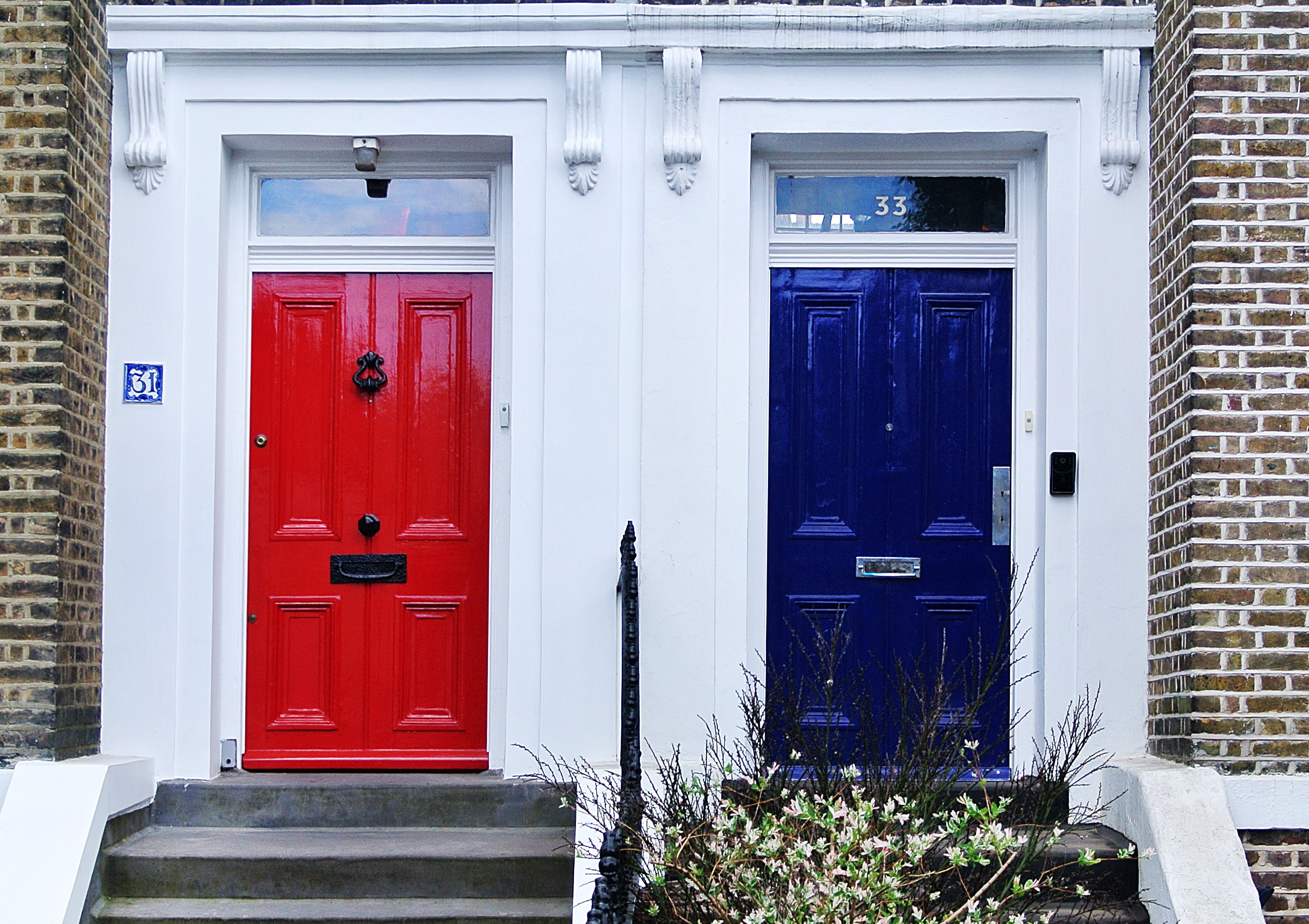
I asked a group of people, people who know me, what does a financial adviser do?
The most common answer was, “hmm good question mate, what do you do all day? Don’t you do investing and super? All things money?”
An adviser can, and should, have two different skill sets.
The first skill set – the technical side of things – is the foundation, the bones of advice and allows the adviser to be competent.
The second skill set builds on the first, allows you to harness it and change people’s lives. Sound dramatic? It does I suppose, but that’s the reality of it.
Skill set one – the technical stuff:
- Investments – helping you grow your money
- Superannuation – how to get money into super, how to make it work for you and help you save for retirement
- Personal insurance and risk management –life insurance, income protection, TPD and trauma insurance. Protecting you and your family from the financial consequences of death, serious illness or injury.
- Tax – advisers don’t do tax returns, but advice has to be tax aware and there are some seriously good tax related benefits to good advice.
- Retirement planning – working out how to make your money last longer, how much you can safely draw in retirement
- Debt management – when and how to pay down your mortgage, credit cards and investment loans
These areas can deliver a tangible benefit – lower tax, lower risk, they may also deliver things like higher returns or lower fees. Your adviser needs to be all over this, there’s no room for error. To get it right takes years of experience combined with study and a genuine interest in the field.
Don’t underestimate the benefits of the technical side of advice, but it has limitations – it is often literal, specific and tied to the perceived solution.
The sort of goals I hear regularly are “I want to pay less tax”, “should I buy Tesla shares”, “I need to sort out my insurances” and “I want $1 million in super”.
My answer to all of these questions is the same – “tell me a bit more about why you want …”.
I love this bit. It takes a bit of courage to ask a seemingly silly question, but here’s a real example from the first meeting with a couple looking for ways to reduce their tax…
He started out with “mate, I want to pay less tax”.
“Ok, let’s see if I can help you with that, but can you tell me why?”. A pause, awkward silence as they looked at me to see if I was kidding.
“Because I pay too much to the taxman. If I paid less tax, we’d have more in the bank.”.
“If you had more in the bank, what would you do with it?” more silence, and then the bit I was looking for as they both answered.
“I’d pay off the mortgage. It’s so big. I don’t know how we’ll ever get paid off.”
And “we earn good money, but we just don’t know where it goes. We always seem to be under pressure. We wonder if we made a mistake buying the house. Do we just sell it and buy something smaller? Will it mean we have to work into our 70’s?”.
The thing that was most powerful for me was one partner looking at the other saying, “why haven’t you ever told me in those words? I had no idea”, then at me saying “is this a counselling session?”.
It’s not always that dramatic, but that’s it right there, the second skill set.
It’s the core of great advice. With the real fears and hopes out in the open, with everyone on the same page I can go back to the technical stuff to work on solutions to put you in front.
Once we have a handle on what’s important, there might be a range of ways to do the same thing. Presenting you with a range of different ways to do the same thing is powerful. It means you have choices and options, it puts you in control.
It’s not limited to “here are your options”, there’s always a recommendation. Something to the effect of “based on our conversations, based on what you’ve told me is important, I considered three options. I’m recommending option one because it is the most well-rounded option, tied most closely to your preferences. I’ve discarded options two and three for the following reasons.”
What do I do as an adviser? I use the technical skills I’ve built up over 20 plus years in investments and banking, to help you weigh up your options, guide you through the set of choices that are specifically yours, to help you get to where you want to be.
